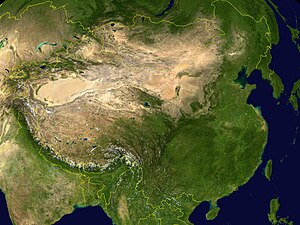Among the marketing success stories of recent years, surely one of the best must be the growth of bottled water, turning a generation away from their taps to the bottle.
With over 150 billion liters of bottled water consumed worldwide every year, the demand for the product is increasing dramatically, not least in countries where tap water has always been safe.
Top drinking countries are (in order) the United States (30 billion +) followed by Mexico, China and Brazil. Italy and Germany lead the way among the remaining industrialized nations, using over 10 billion liters of bottled water each.
The environmental impact of bottled water is considerable. Transporting it involves burning significant quantities of fossil fuels. Nearly a quarter of all bottled water crosses national borders to reach consumers, transported by boat, plane, train, and lorry.
Fossil fuels are also used in the packaging of water. PET plastic is derived from crude oil. The United States alone uses more than 1.5 million barrels of oil each year, enough to fuel about some 100,000 cars for year. Worldwide, 3 million tons of plastic are used to bottle water each year.
The bottles themselves, when land-filled, can take up yo 1,000 years to bio-degrade. When incinerated, they release several toxic by-products, especially chlorine gas. Although recycling of PET products is increasing, some of this product is transported long distance - thus adding to fossil fuel consumption. Remarkably, almost 40 percent of recycled American PET bottles were actually exported - some as far as China!
The UN Millennium Development Goal for environmental sustainability calls for halving the proportion of people lacking sustainable access to safe drinking water by 2015. Meeting this goal would cost about $30 a year - double what is currently spent worldwide on water supply and sanitation.
Meanwhile, approximately $100 billion is spent each year on bottled water.
I think it's time we got re-acquainted with our kitchen tap.
If you enjoyed this post, get
free updates by email or RSS.









